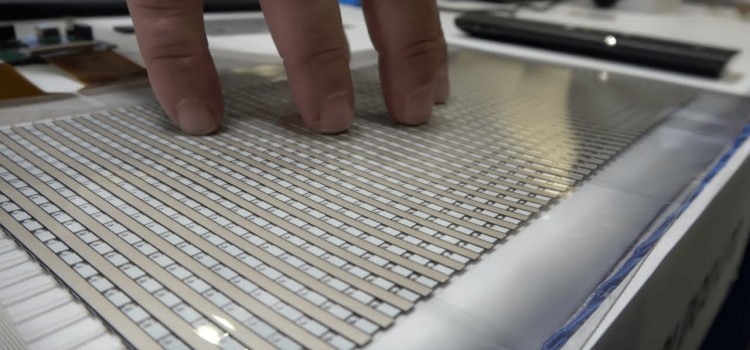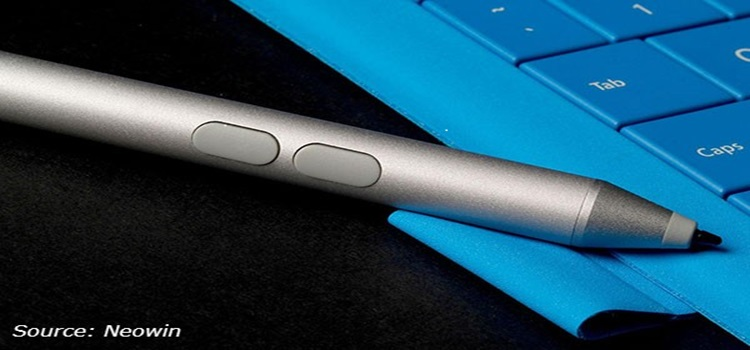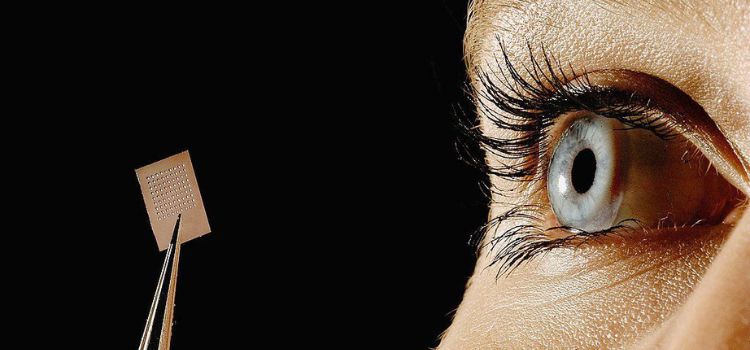
Japan Tactile Sensors Market by Type (Resistive Tactile Sensors, Capacitive Tactile Sensors, Piezoelectric Tactile Sensors, Optical Tactile Sensors, and Others), by Application (Robotics, Computer Hardware, Security System, Touch Screens, Medical Devices, Handheld Devices, and Others), and by Industry Vertical (Automotive, Robotics and Automation, Aerospace and Defense, Consumer Electronics, Healthcare, and Other Industry) – Global Opportunity Analysis and Industry Forecast, 2024–2030
Industry: Semiconductor & Electronics | Publish Date: 20-Jul-2024 | No of Pages: 169 | No. of Tables: 132 | No. of Figures: 77 | Format: PDF | Report Code : N/A
Japan Tactile Sensor Market Overview
The Japan Tactile Sensors Market size was valued at USD 223.4 million in 2023 and is predicted to reach USD 527.1 million by 2030, with a CAGR of 12.1% from 2024 to 2030. In terms of volume, the market size was 94 million units in 2023 and is projected to reach 276 million units in 2030, with a CAGR of 15.6% from 2024 to 2030.
Tactile sensor is a specialized device designed to detect and measure physical interactions, such as touch, pressure, and force, with precision and responsiveness. These sensors are crucial in various applications across multiple industry verticals, including robotics and automation, healthcare, consumer electronics, automotive, and aerospace.
They employ advanced technologies such as capacitive, resistive, piezoelectric, and optical sensing to provide detailed feedback on physical contact, thereby enabling improved control, safety, and functionality within complex systems.
The Widespread Deployment of Industrial Robots Drives the Japan Tactile Sensor Market Demand
Japan, as the global leader in manufacturing and automation, is witnessing extensive deployment of industrial robots, necessitating the adoption of tactile sensors to ensure seamless operation and optimization of robotic systems.
According to a report by the International Federation of Robotics in 2023, Japan's massive investment in industrial robotics has propelled it to the 5th rank in global robot density, surpassing the United States in 2022.
The number of operational industrial robots in Japan reached 322 units per 10,000 employees in the manufacturing industry. This growing reliance on automation to enhance productivity and competitiveness in Japan, significantly drives the tactile sensor market demand.
These touch sensors are crucial for enabling precise interactions and real-time feedback in robotic systems, positioning them as essential components in Japan's rapidly evolving industrial landscape.
The Rising Adoption of EVs Fuels the Japan Tactile Sensor Market Growth
The rapid adoption of electric vehicles (EVs) in Japan is significantly propelling the demand for tactile sensors, which are vital for ensuring optimal performance and safety standards in EV systems.
Tactile sensors play a critical role in functions such as battery management, thermal regulation, and safety systems within electric vehicles. According to the International Energy Agency's 2024 report, new electric car registrations in Japan reached 8.1 million in 2023, marking a 35% increase compared to 2022. This surge in EV adoption drives the need for advanced tactile sensors to maintain high performance and safety standards in the expanding automotive market.
Consequently, the escalating demand for EVs in the country is fostering substantial growth and innovation in the Japan tactile sensor market landscape, aligning with the country's commitment to advancing its automotive technology and infrastructure.
The High Maintenance Costs Restrain the Japan Tactile Sensor Market Expansion
Regular calibration and maintenance are vital for maintaining the reliability and accuracy of tactile sensors, increasing the overall cost for businesses. Additionally, their sensitivity to environmental factors such as temperature and humidity poses challenges in maintaining consistent responsiveness and precision, especially in tough conditions.
These issues complicate sensor operation and deter potential users seeking low-maintenance solutions or consistent performance in various environments. Therefore, addressing these limitations is crucial for wider adoption and sustained market growth.
Integration of Quantum Sensing Creates Market Opportunity
Quantum sensing methods incorporated into sensor technology leverage the unique traits of quantum mechanics, such as superposition and entanglement, for highly precise measurements. This integration enables sensors to detect even the smallest changes in pressure, force, or other physical attributes with unmatched accuracy.
This heightened sensitivity opens up opportunities across various fields. In scientific exploration, it allows researchers to study phenomena at incredibly small scales. In precision engineering, it improves the accuracy and efficiency of manufacturing processes and quality control.
In the realm of quantum computing, it aids in the advancement and operation of complex computational systems. As these applications expand, the integration of quantum sensing methods into sensors is expected to drive significant growth in the Japan tactile sensor market in coming years.
Competitive Landscape
Several key market players operating in the Japan tactile sensor industry include Broadcom, Shenzhen Goodix Technology Co., Ltd., Synaptics Incorporated, ALPS Electric (Cirque Corporation), STMicroelectronics N.V., FocalTech Systems Co., Ltd., Elan Microelectronics, Pressure Profile Systems, AIS Global group (Touch International Inc.), Tekscan Inc., ForceN, Contactile, Sensobright, X-Sensors, Barrett Technology and others.
The Japan Tactile Sensors Market Key Segments
By Type
-
Resistive Tactile Sensors
-
Capacitive Tactile Sensors
-
Piezoelectric Tactile Sensor
-
Optical Tactile Sensors
-
Others
By Application
-
Robotics
-
Computer Hardware
-
Security System
-
Touch Screens
-
Medical Devices
-
Handheld Devices
-
Others
By End User
-
Automotive
-
Robotics and Automation
-
Aerospace and Defense
-
Consumer Electronics
-
Healthcare
-
Other Industry
REPORT SCOPE AND SEGMENTATION:
|
Parameters |
Details |
|
Market Size in 2023 |
USD 223.4 Mllion |
|
Revenue Forecast in 2030 |
USD 527.1 Million |
|
Growth Rate (Value) |
CAGR of 12.1% from 2024 to 2030 |
|
Market Volume in 2023 |
94 Million Units |
|
Volume Forecast in 2030 |
276 Million Units |
|
Growth Rate (Volume) |
15.6% |
|
Analysis Period |
2023–2030 |
|
Base Year Considered |
2023 |
|
Forecast Period |
2024–2030 |
|
Market Size Estimation |
Million (USD) |
|
Growth Factors |
|
|
Companies Profiled |
15 |
|
Market Share |
Available for 10 companies |
|
Customization Scope |
Free customization (equivalent up to 80 working hours of analysts) after purchase. Addition or alteration to country, regional, and segment scope. |
|
Pricing and Purchase Options |
Avail customized purchase options to meet your exact research needs. |
KEY PLAYERS
-
Broadcom
-
Shenzhen Goodix Technology Co., Ltd.
-
Synaptics Incorporated
-
ALPS Electric (Cirque Corporation)
-
STMicroelectronics N.V.
-
FocalTech Systems Co., Ltd.
-
Elan Microelectronics
-
Pressure Profile Systems
-
AIS Global group (Touch International Inc.)
-
Tekscan Inc.
-
ForceN
-
Contactile
-
Sensobright
-
X-Sensors
-
Barrett Technology




 Speak to Our Analyst
Speak to Our Analyst


































